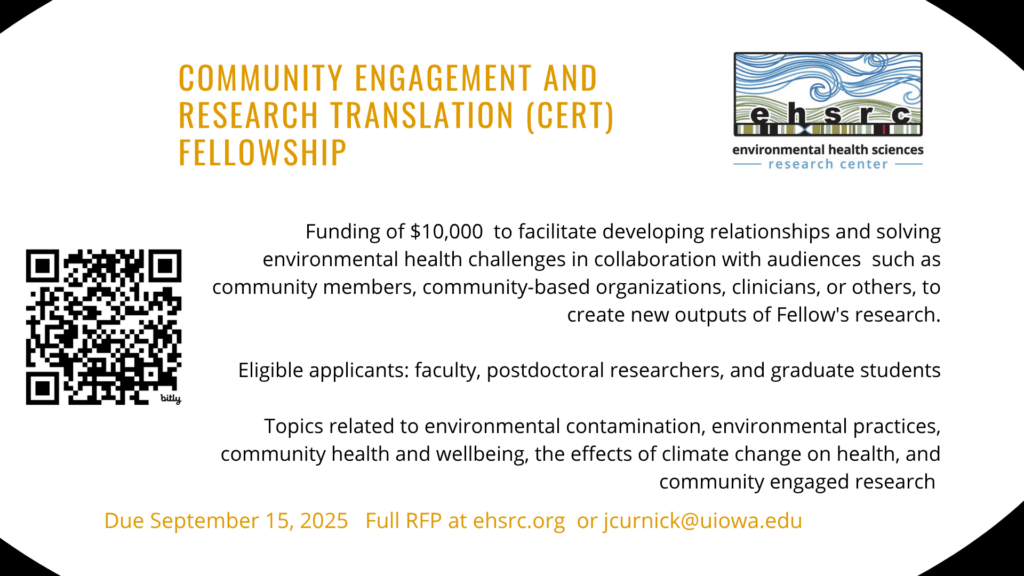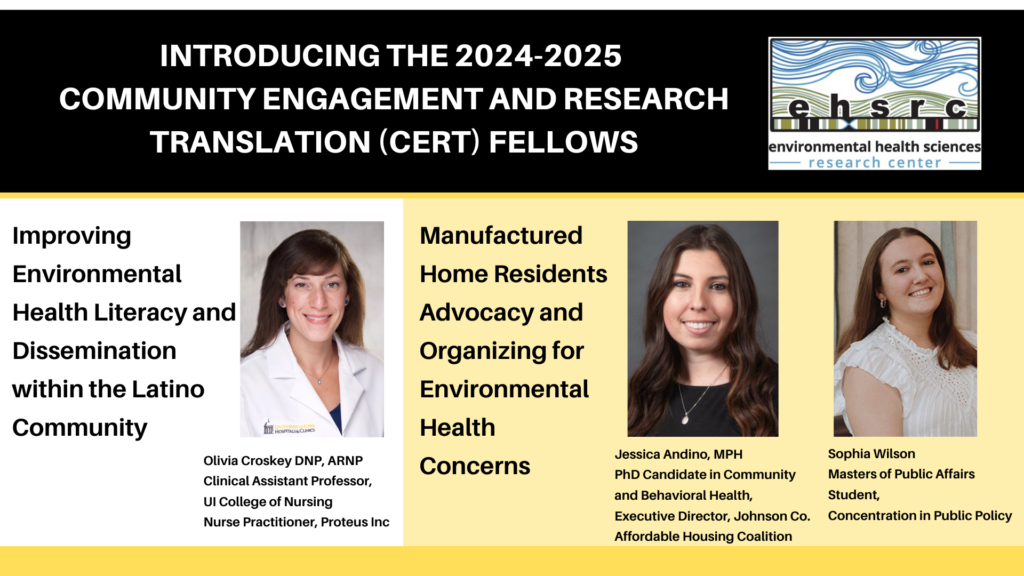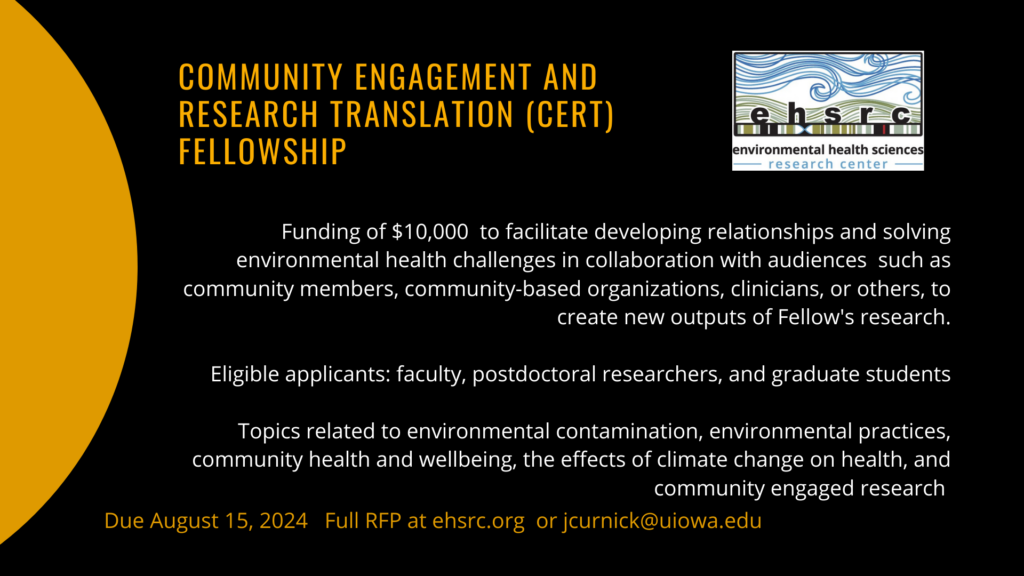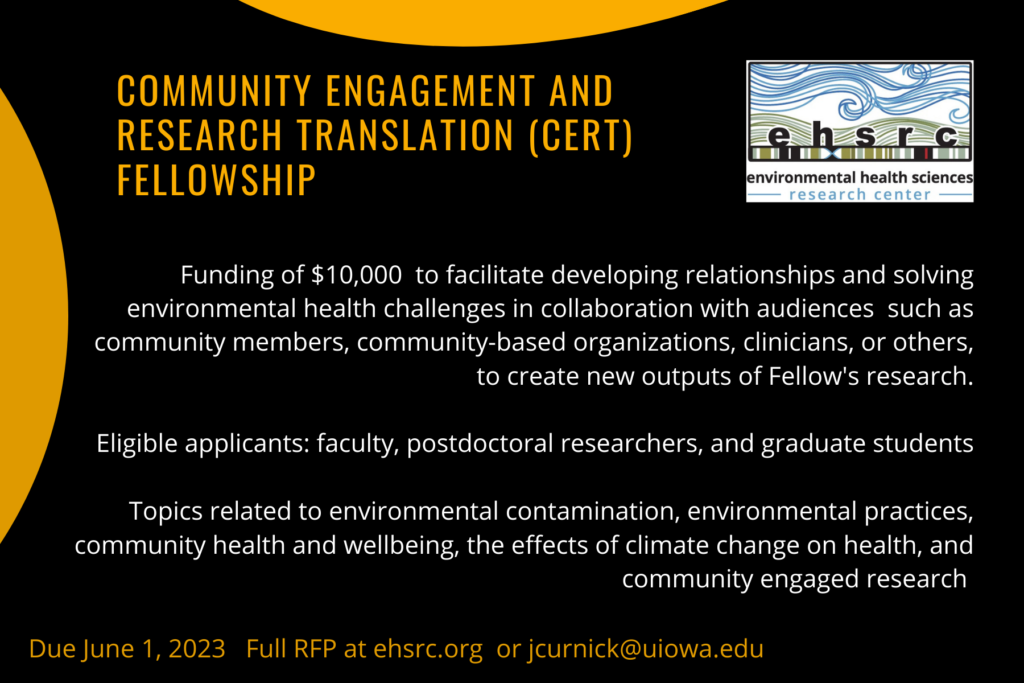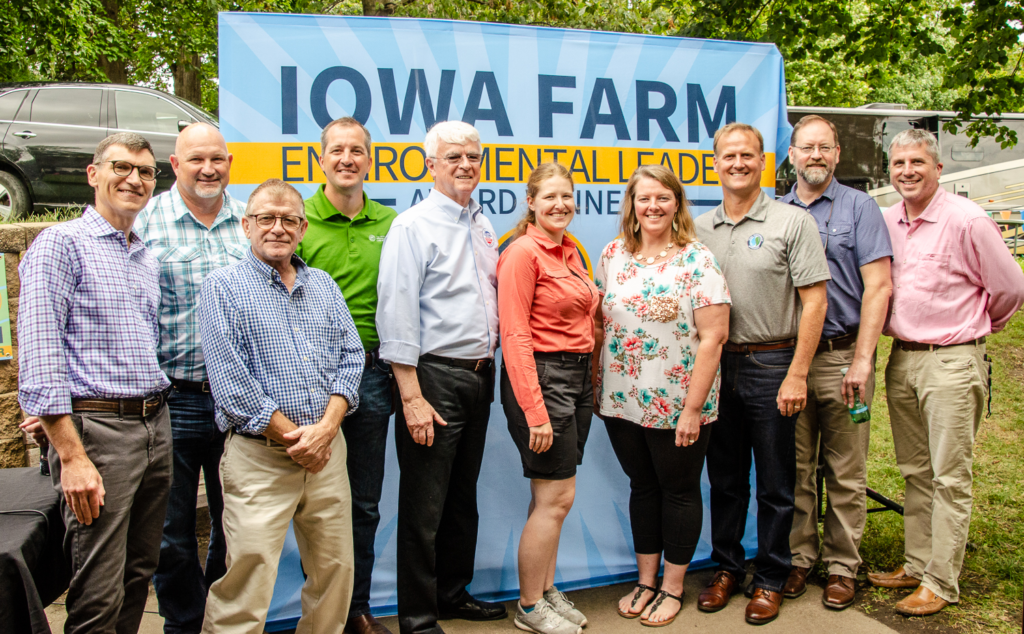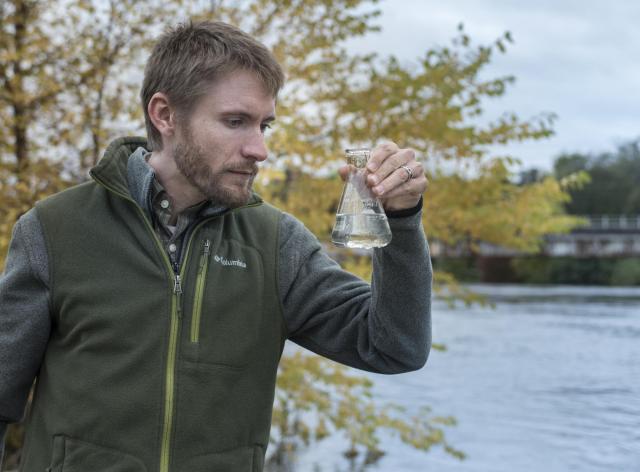 Dr. Michael Welsh, Professor of Internal Medicine and longtime EHSRC member, has won the 2025 Lasker-DeBakey Clinical Medical Research Award for his fundamental research on cystic fibrosis (CF), which paved the way to new therapies that have transformed the health and life expectancy of people with CF.
Dr. Michael Welsh, Professor of Internal Medicine and longtime EHSRC member, has won the 2025 Lasker-DeBakey Clinical Medical Research Award for his fundamental research on cystic fibrosis (CF), which paved the way to new therapies that have transformed the health and life expectancy of people with CF.
Lasker Awards, sometimes called “America’s Nobels,” are among the world’s most prestigious biomedical and clinical research awards.
Welsh shares the award with Jesús (Tito) González (formerly, Vertex Pharmaceuticals) and Paul A. Negulescu (Vertex Pharmaceuticals) for their key roles in developing a novel treatment for CF – a triple-drug combination that saves the lives of people with this lethal genetic disease.
